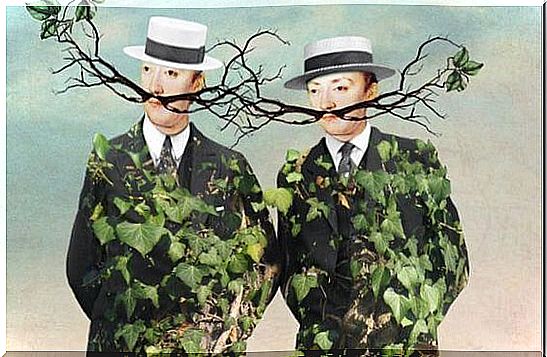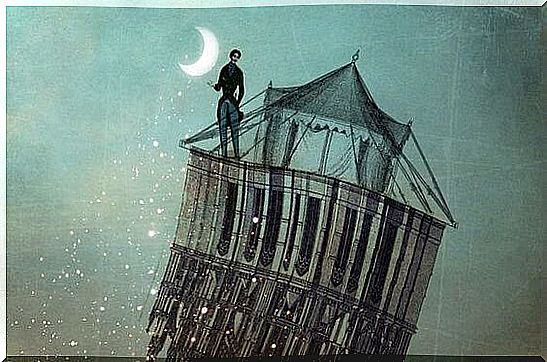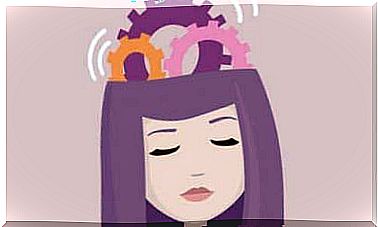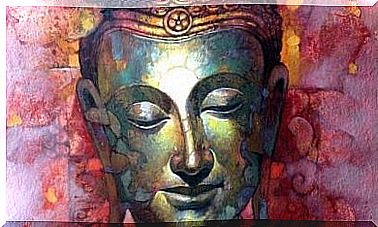Does Your Country Of Origin Influence Your Personality?

How does the country you were born in affect your personality ? Many thinkers and scientists have been asking this question for centuries. The answers to this question range from geographical determinism to universal human essence.
The culture you grow up in undoubtedly has a huge impact on how you think and feel. It also influences the development of your self-image. While there is not really a national character, many residents of a country actually display certain dominant traits and share common values. Many, not all.
Nationalism can be cured by traveling.
Camilo José Cela
And there are even certain characteristics that are common to all people, no matter what culture they come from. Margaret Mead, an English anthropologist best known in the 20th century, showed that even in the most exotic cultures there is a segregation of duties and powers based on gender. And humanity has aesthetic expressions that are valued by the community.
Core characteristics and stereotypes
It is not easy to lay down a series of character traits that define the nature of a person depending on their country of origin. Prejudices and stereotypes of certain cultures can play a role here. But not everyone who comes from this or that country is the same, even if certain characteristics seem to stand out.

Of course , the prevailing customs are incorporated into the personalities of the people belonging to a culture. It is also clear that people from the same country have been exposed to similar historical factors and that these can have a profound impact on individuals. Each nation also has its own catalog of values, which is reinforced both in the family and in the educational context.
For the purpose of defining different natures , groups have been defined: Anglo-Saxons, Latinos, and Asians. While each of these groups includes people from many different countries with significant differences, society paints us a clear picture of them.

- It is said that Anglo-Saxons are characterized by their individualism. They are therefore more reserved, independent and practically oriented. They are usually competitive and value freedom and autonomy above all else. They welcome precision, accuracy and methodology. They are mostly viewed as systematic. They value humor as an expression of intelligence rather than a whim. The idea of success and failure is ingrained in them and their whole life revolves around it.
- Asians usually have great respect for authorities and demand a lot from themselves. In Asian countries all kinds of hierarchies are respected and downright revered: family, religious, political, etc. They are disciplined people who exude respect and tolerance for others. They want their actions to be in line with these ethical principles. They value a person’s ability to work and dignity above all else.
- Latinos are associated with social skills, entertaining conversation and extroversion. It is said that they don’t believe in norms and instead like to devote themselves to the pleasant side of life. You are creative, hospitable, warm and generous. You put a quiet life with friends and family above professional success. They have a great sense of humor and enjoy expressing how they feel, best of all through art. They have a reputation for being the best of lovers and are usually very close to their families.
That fits so far, right? However, our readers probably also know numerous exceptions and therefore already know that there are certain characteristics that you can laugh about, but that other people should not be pigeonholed into which they certainly do not fit perfectly.
We must not forget that political and economic interests often lead to the development of stereotypes that devalue or undermine an entire group of people. This happened to the Jewish community, for example, who had been branded as fraudsters for centuries. Or the natives of the Americas, who have been condemned as insidious, filthy and depraved. Or the Vietnamese, who were described as bloodthirsty, lazy and crazy. And so on – anyone who opens a newspaper today is sure to find current examples.









